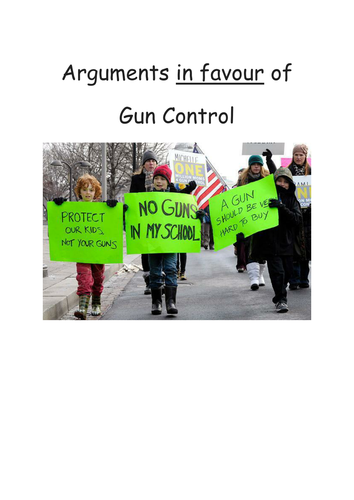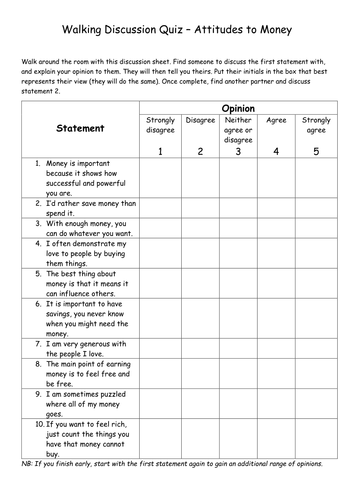The Flash Store
I am a teacher specialising in Geography and Religious Studies with over 4 years experience to date. I pride myself on designing lessons that engages students in their learning, with an enquiry-based focus being at the forefront. Any lesson that you download is fully resourced and differentiated ready to use in a flash. I hope they make a real contributing to your own classroom like they have done to mine.













